Or “profound imagery.”
I swear, the same people who pour over music videos looking for Easter eggs will tell me I’m “reading too much into” the twentieth canto of the Paradiso.


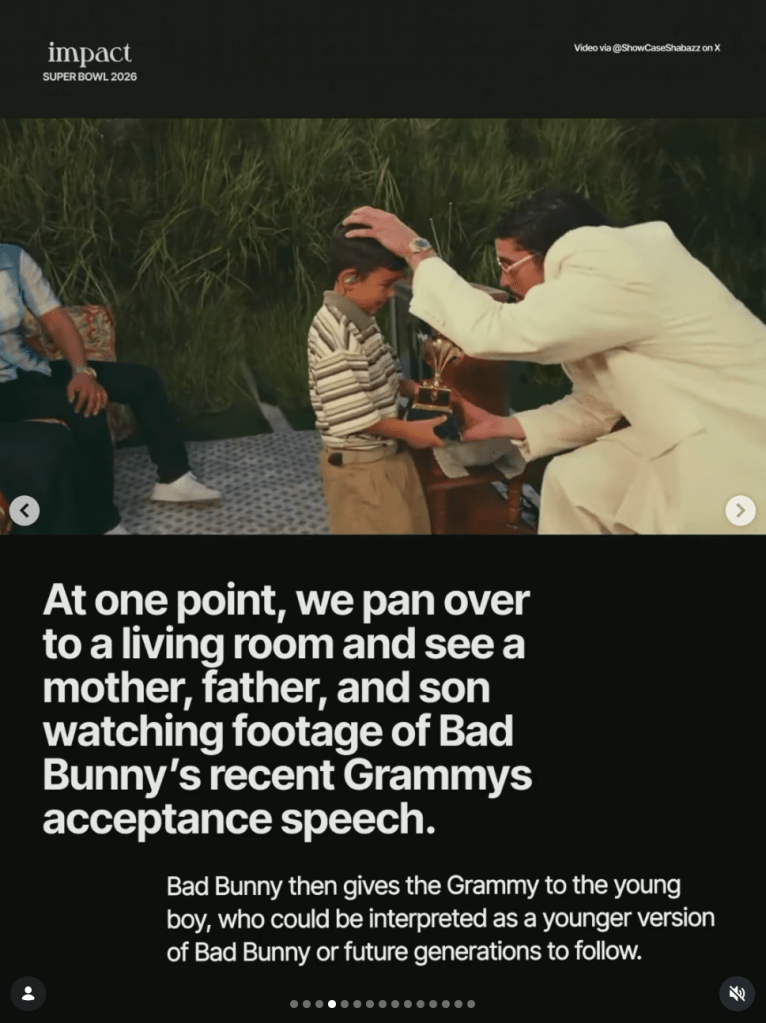


Teach me to care and not to care.
Or “profound imagery.”
I swear, the same people who pour over music videos looking for Easter eggs will tell me I’m “reading too much into” the twentieth canto of the Paradiso.





In Class, Paul Fussell notes off-handedly that sports favored by the aristocracy tend to be played with small balls, whereas proletarian sports are played with large balls. Thus, tennis and golf and polo for the rich; basketball and soccer and football for everyone else.
While he doesn’t explain this, I would note that in sports played with small balls, the ball is rarely touched directly. The ball is hit, rather, with a racket or a club. When the ball is large, it is held directly.
When the ball is held directly, the players tend to touch each other. When the ball isn’t held directly, the players usually don’t touch.
Sports wherein there is direct contact are mainly the domain of the young. Old people can play sports with small balls because they are less violent, exhausting.
Sports that are dominated by the young never accrue the dignity of sports played by the elderly.
Baseball fits a little awkwardly into the middle of this argument. While a baseball is small, and the sport itself is common (and not favored by aristocrats), baseball involves very little direct contact and can thus be played (professionally) for far longer than basketball, football, hockey, or soccer.

It’s rare in a film for plans to fall through. Nearly everything the hero purposes to do works out–and this is true of the major ordeal and all the minor ordeals, as well. I think this is why I find myself so bored with most action films. An elaborate plot is hatched to steal this or hijack that. Thirty minutes later, it’s done. There was never a chance it wouldn’t work out.
Marty Supreme felt like a live wire because plans often fell through. When plans fell through, the characters had to work out something else–and even that something else wasn’t guaranteed to work.

Jarvis Cocker has been looking forward to being old since he was quite young. All the preparation and anticipation has served him well.

Materialists was astoundingly good.
I can think of very few films which treat on the subject of shallowness–let alone films which take the subject seriously, explore it forthrightly, and condemn it with appropriate humility.
The first act of Materialists overstates the case for a practical, common sense marriage. The second act explores the limitations of a practical marriage. The third act corrects the excesses of the first act–not with mere sentimentality, but with an appeal to spiritual zeal.
My most merciful and all-merciful God, O Lord Jesus Christ!
In Thy great love, Thou didst come down and become flesh in order to save all. Again, I pray Thee, save me by Grace!
If Thou shouldst save me because of my deeds, it would not be a gift, but merely a duty. Truly, Thou aboundest in graciousness and art inexpressibly merciful!
Thou hast said, O my Christ: “He who believes in me shall live and never see death.” If faith in Thee saves the desperate, behold: I believe!
Save me, for Thou art my God and my Maker.
May my faith replace my deeds, O my God, for Thou wilt find no deeds to justify me.
May my faith be sufficient for all.
May it answer for me; may it justify me; may it make me a partaker of Thine eternal glory; and may Satan not seize me, O Word, and boast that He has torn me from Thy hand and fold.
O Christ, my Savior: save me whether I want it or not!
Come quickly, hurry, for I perish!
Thou art my God from my mother’s womb.
Grant, O Lord, that I may now love Thee as I once loved sin, and that I may labor for Thee without laziness as once I labored for Satan the deceiver. Even more, I will labor for Thee, my Lord and God Jesus Christ, all the days of my life, now and ever and unto ages of ages. Amen.

Dear friends,
Early in the morning on November 13, Josh experienced severe neck pain and lost the use of his right arm and leg. He was taken to the ER and diagnosed with a vertebral artery dissection that produced a spinal stroke. He has been in the ICU since then while his doctors manage the situation with a lumbar drain and medication. The good news is that his mind and speech were not affected, and he has regained a great deal of strength in his arm and leg. However, he is very weak and has side effects from the drain that make it difficult for him to sit or stand for very long. We hope that he will be able to leave the hospital in a few days, but he has a long road to recovery and we’re not entirely sure what twists and turns the path will take. After a brief discussion about why Boethius is Josh’s favorite author, his neurologist told him that he is a “very lucky unlucky man” and we feel that this is an apt description of the situation.
We are grateful to God for hearing our prayers and showing so much mercy, as we know that this situation could have ended quite differently. We are very grateful for the emails, texts, and prayers that have been offered from all corners of the US and around the world. The love and support we have received have been deeply humbling. We are also very grateful for the excellent care that Josh has received at St. Luke’s Hospital in Boise – the nurses and doctors have been excellent in every way.
We appreciate prayers more than anything, but a few folks have asked about support so we have set up a GoFundMe to help with hospital expenses. Please don’t feel obligated, but it’s there if you would like to make a gift.
Please keep praying, especially that his headaches will reduce when sitting up.
With Gratitude,
Paula Gibbs
on behalf of Joshua Gibbs
Telling a teacher, “My child is very smart,” is like telling a doctor, “My child is very healthy,” or like telling a judge, “My child is very not guilty.”
We’ll see.


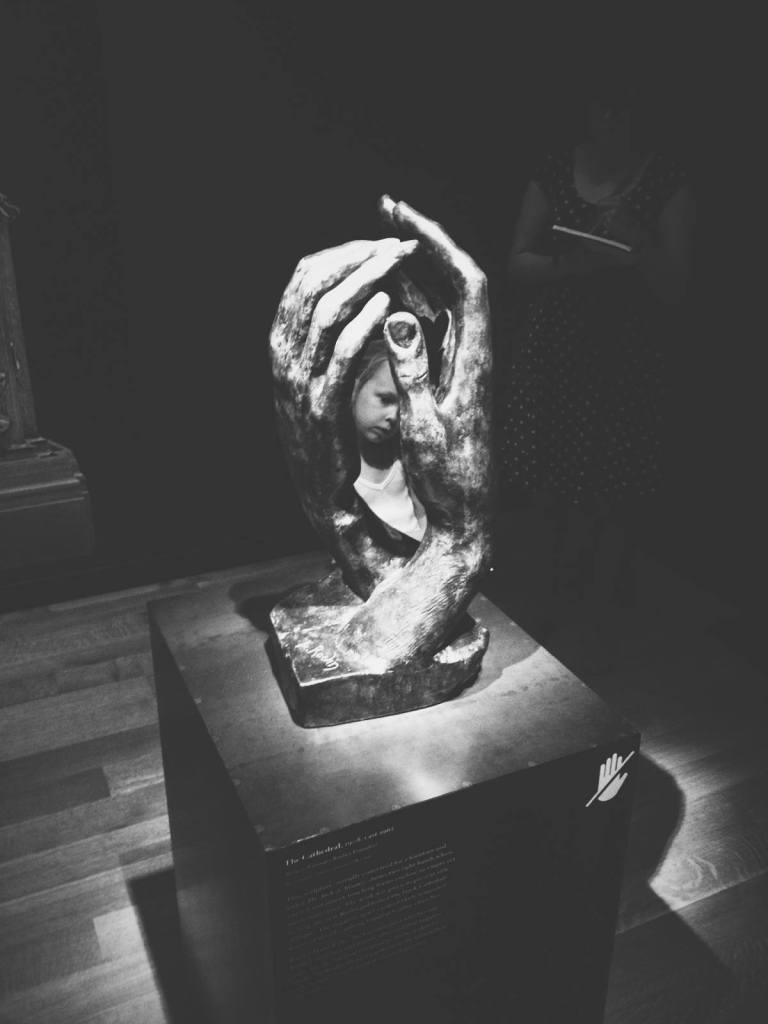
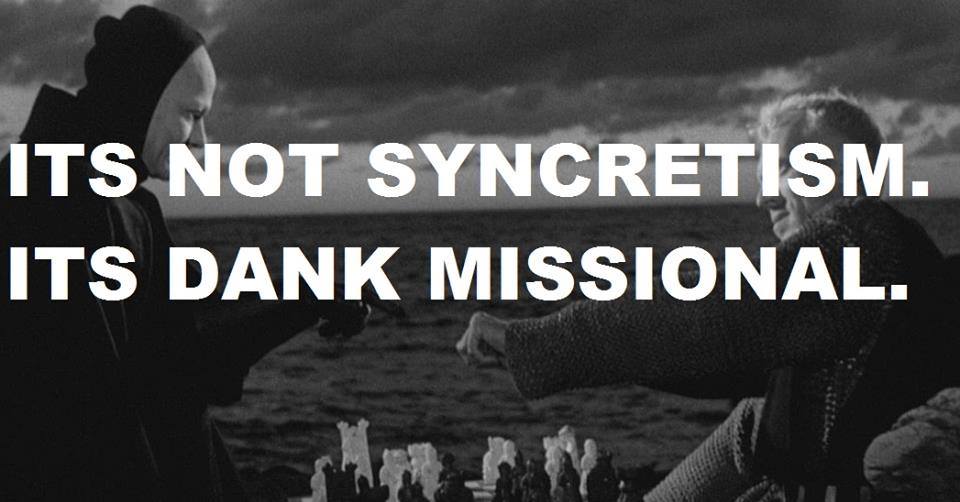
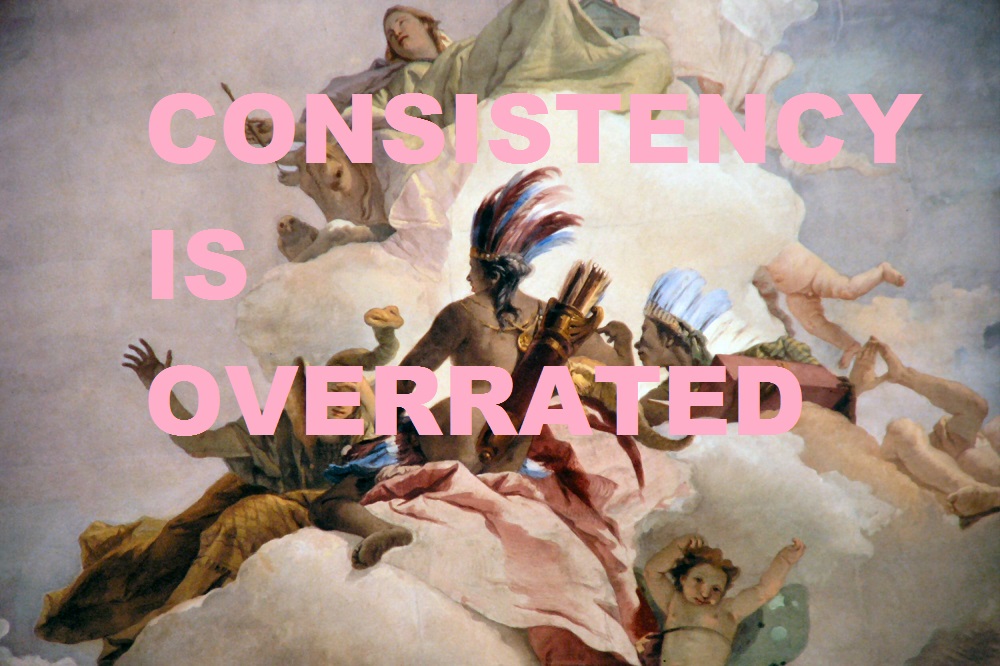
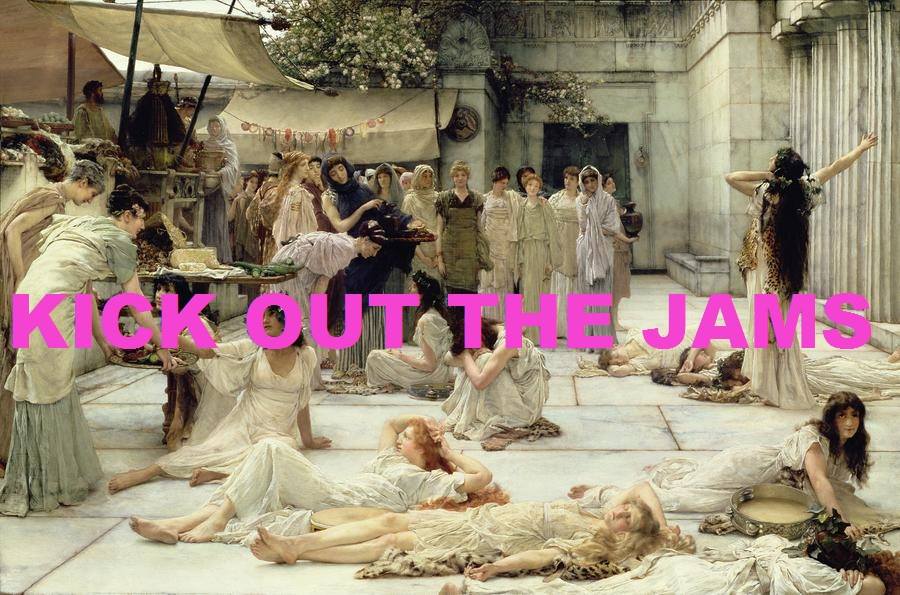
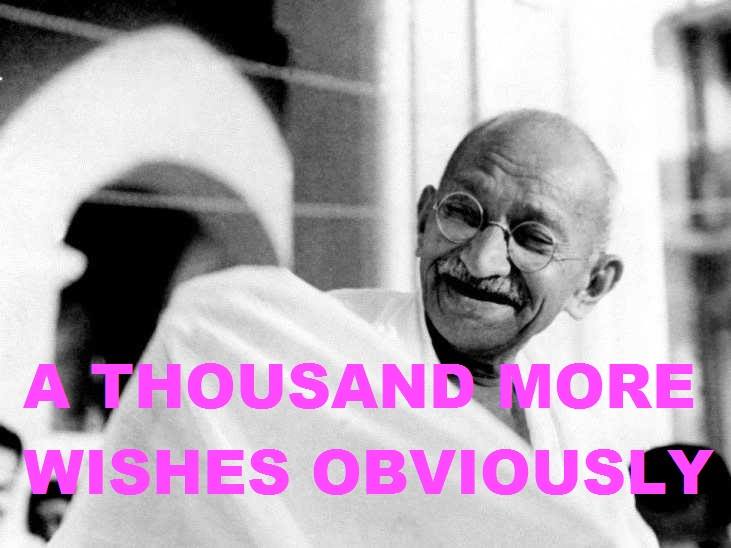

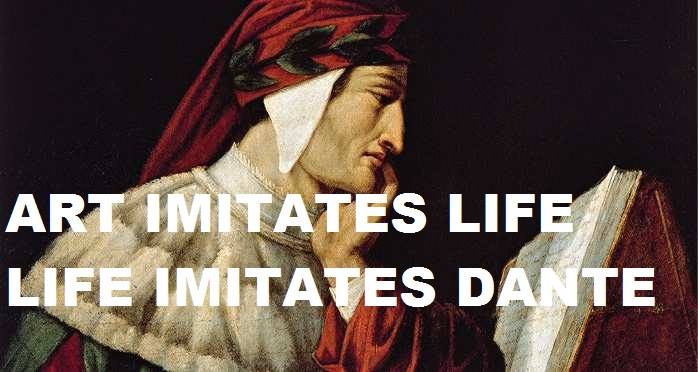
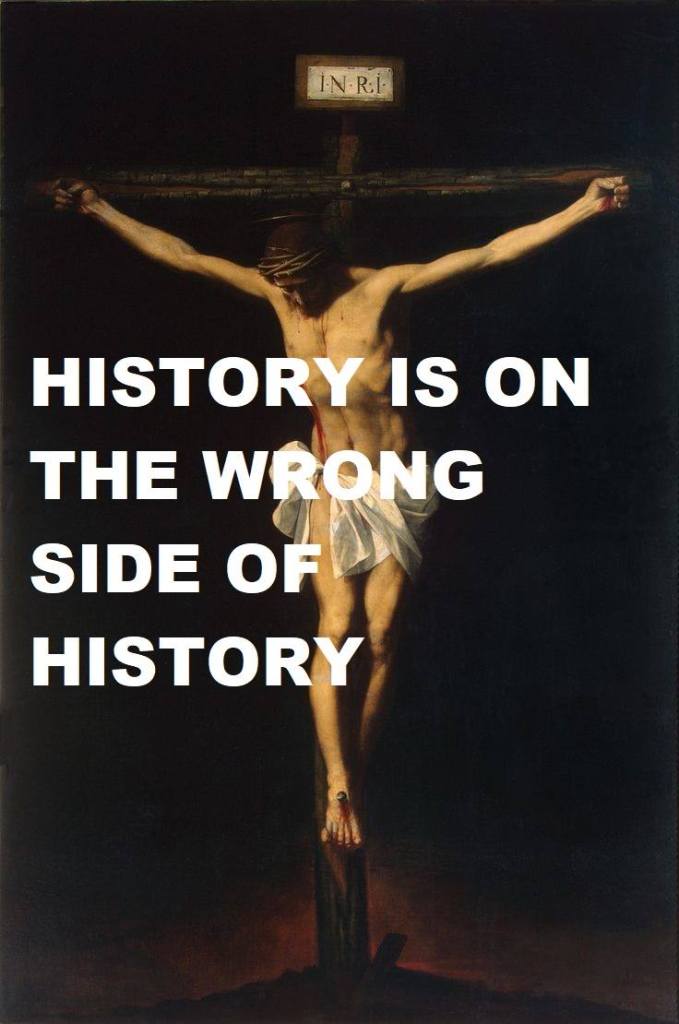


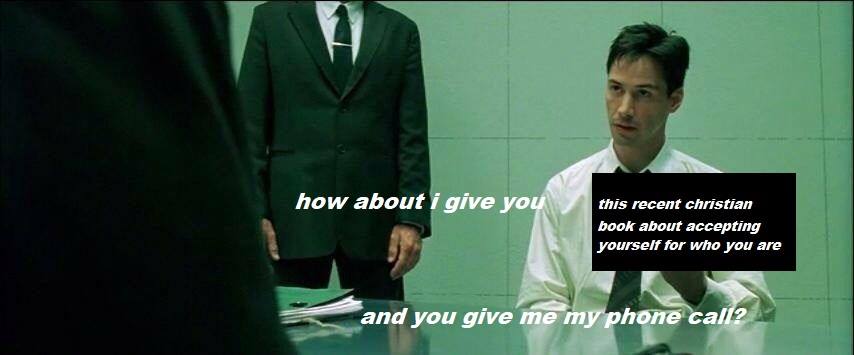


While there’s some climate change claptrap in this book which will probably date it (badly), Ian McEwan’s What We Can Know is a genuinely wise work of fiction that will make it ripe for revisiting over the next thirty or forty years. The story’s unconventional but winning structure makes the reader want to start over immediately upon reading the last page.
This book has also come out at just the right time. It’s an ideal autumnal read.